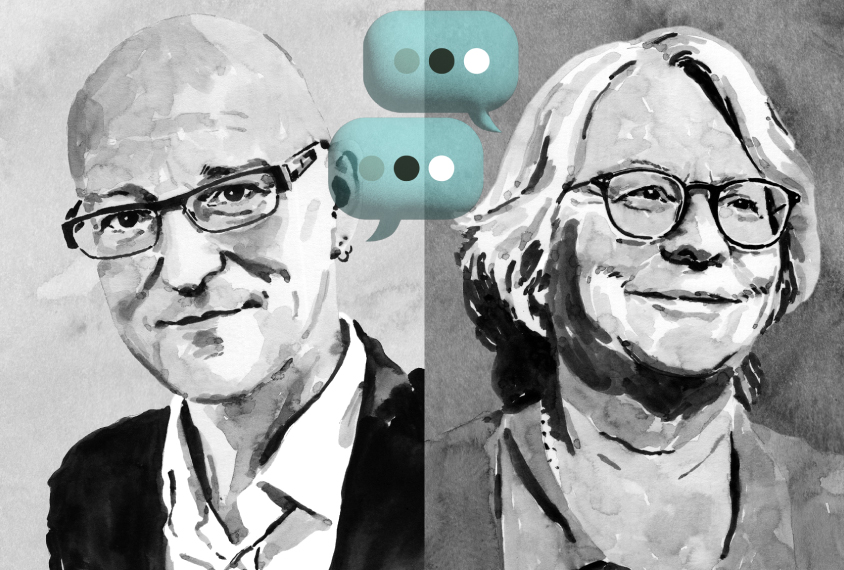Catherine Lord is distinguished professor of psychiatry and education at the University of California, Los Angeles. She specializes in diagnosis, social and communication development, and intervention in autism.
Catherine Lord
Director, Center for Autism and the Developing Brain
Weill Cornell Medicine
From this contributor
Your questions about the Lancet Commission and ‘profound autism,’ answered
Tony Charman and Catherine Lord answer questions from Spectrum’s webinar on the Lancet Commission’s recommendations for autism research.

Your questions about the Lancet Commission and ‘profound autism,’ answered
Catherine Lord: Lessons from a storied career in autism research
Catherine Lord's career has been defined by relationships: with mentors, protegees and, above all, with autistic people and their families.

Catherine Lord: Lessons from a storied career in autism research
Measures of success for adults with autism need to mature
As children with autism grow into adults, the challenge is in measuring the skills that matter most in their daily lives.

Measures of success for adults with autism need to mature
Optimal outcome
Some children classified as having autism outgrow their diagnosis, but it’s not yet clear why this group does better, says Cathy Lord.
Autism and the arts: “Lucy” captures disorder‘s complexity
Itʼs not often that movies, books and plays represent science accurately, or with a true and empathetic understanding of its complexity.

Autism and the arts: “Lucy” captures disorder‘s complexity
Explore more from The Transmitter
Frameshift: Raphe Bernier followed his heart out of academia, then made his way back again
After a clinical research career, an interlude at Apple and four months in early retirement, Raphe Bernier found joy in teaching.

Frameshift: Raphe Bernier followed his heart out of academia, then made his way back again
After a clinical research career, an interlude at Apple and four months in early retirement, Raphe Bernier found joy in teaching.
Organoid study reveals shared brain pathways across autism-linked variants
The genetic variants initially affect brain development in unique ways, but over time they converge on common molecular pathways.

Organoid study reveals shared brain pathways across autism-linked variants
The genetic variants initially affect brain development in unique ways, but over time they converge on common molecular pathways.
Single gene sways caregiving circuits, behavior in male mice
Brain levels of the agouti gene determine whether African striped mice are doting fathers—or infanticidal ones.

Single gene sways caregiving circuits, behavior in male mice
Brain levels of the agouti gene determine whether African striped mice are doting fathers—or infanticidal ones.